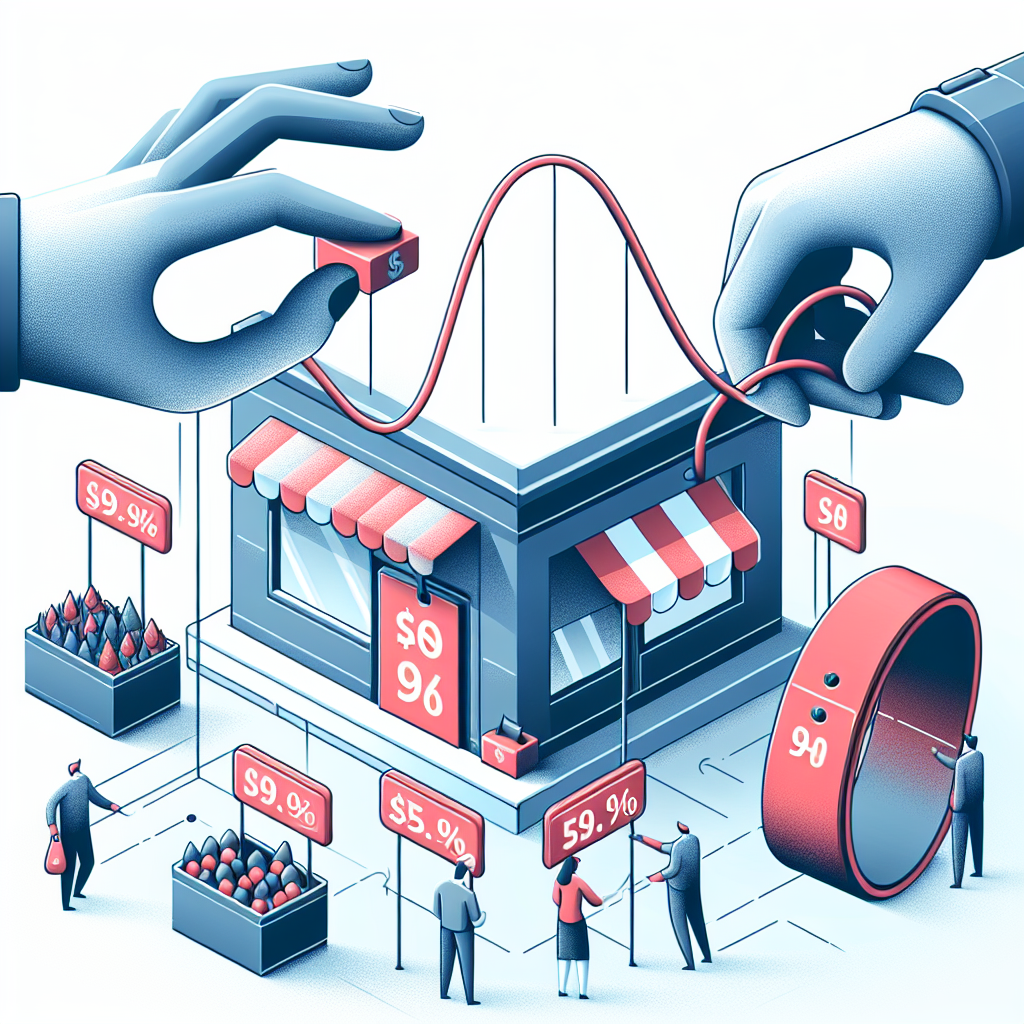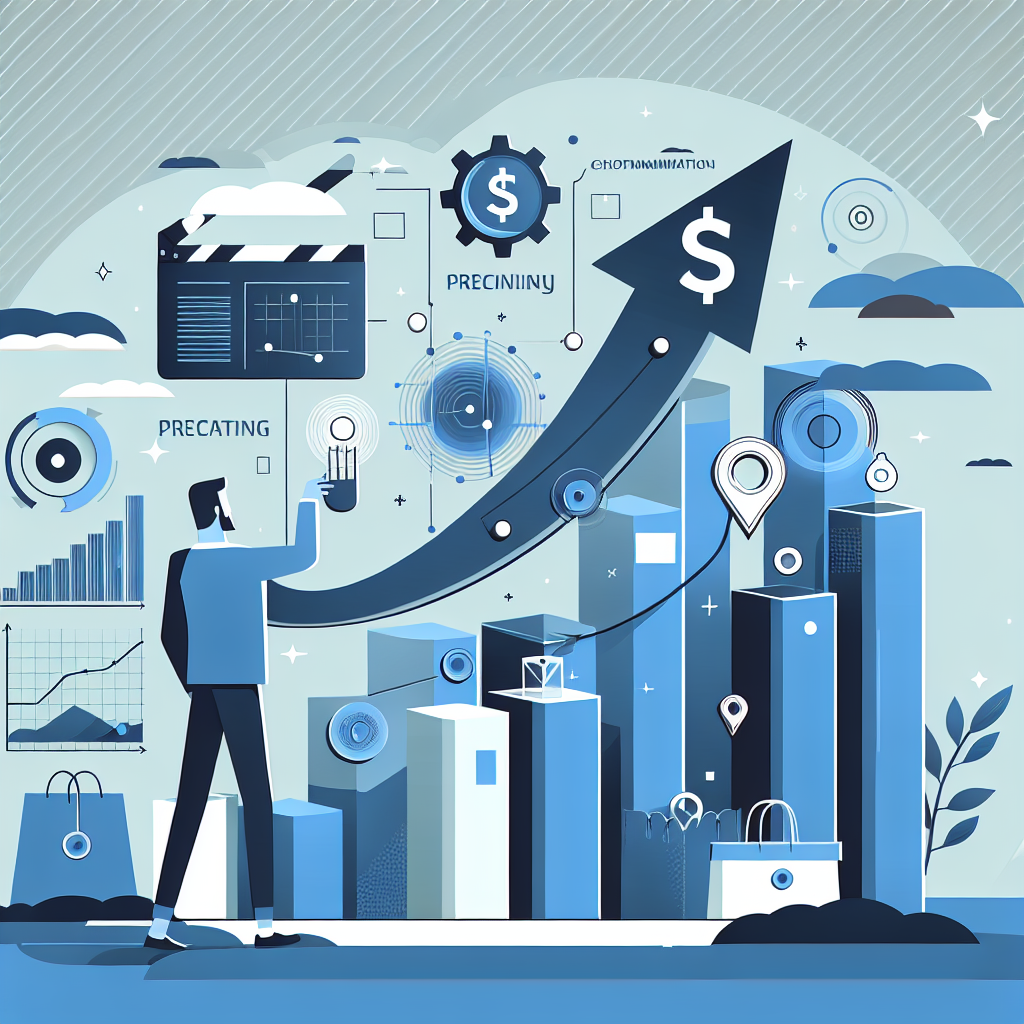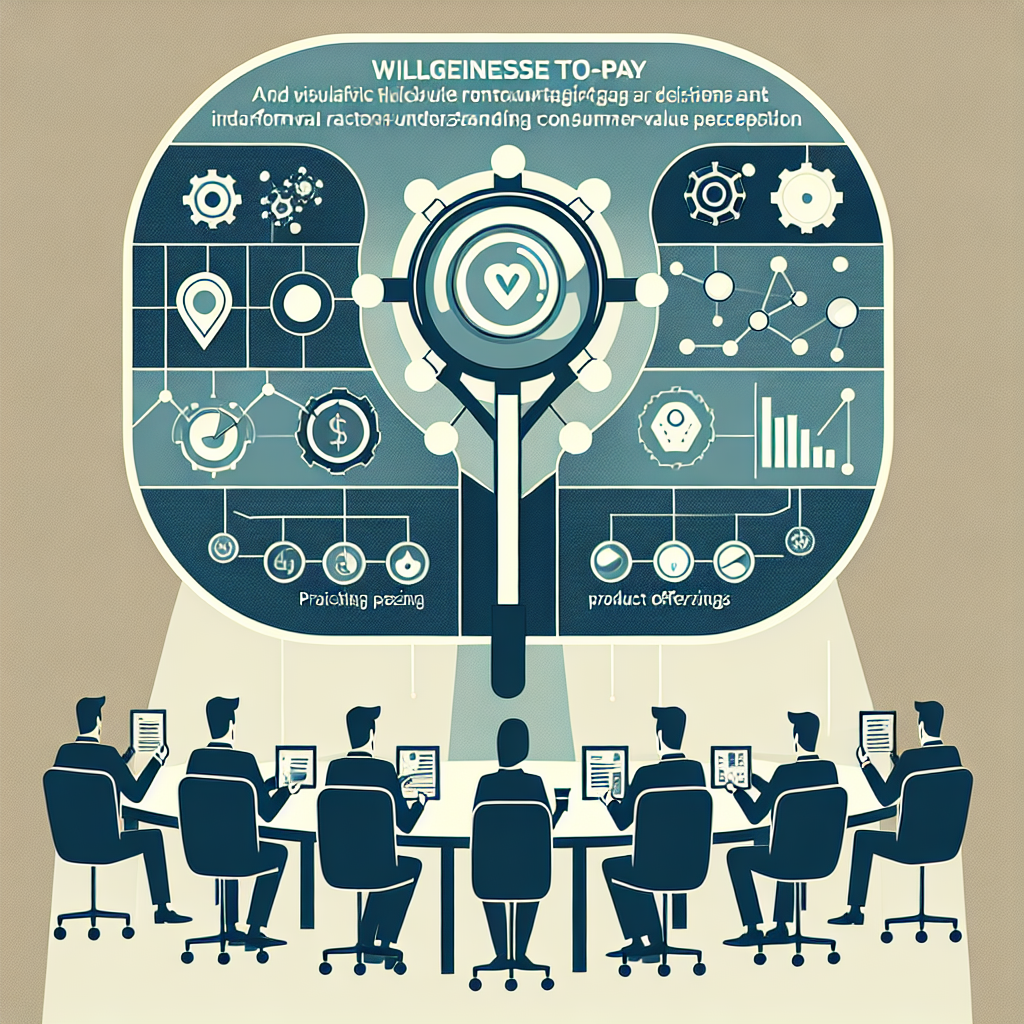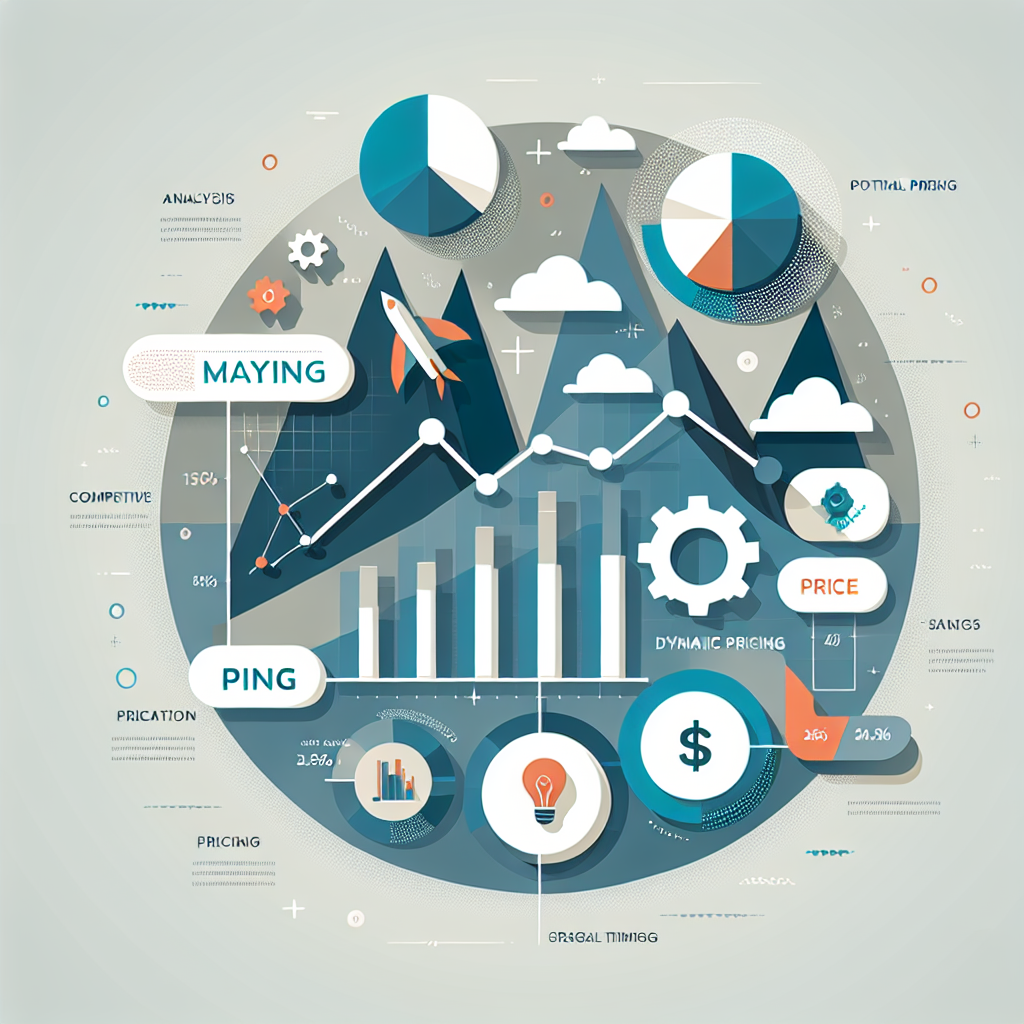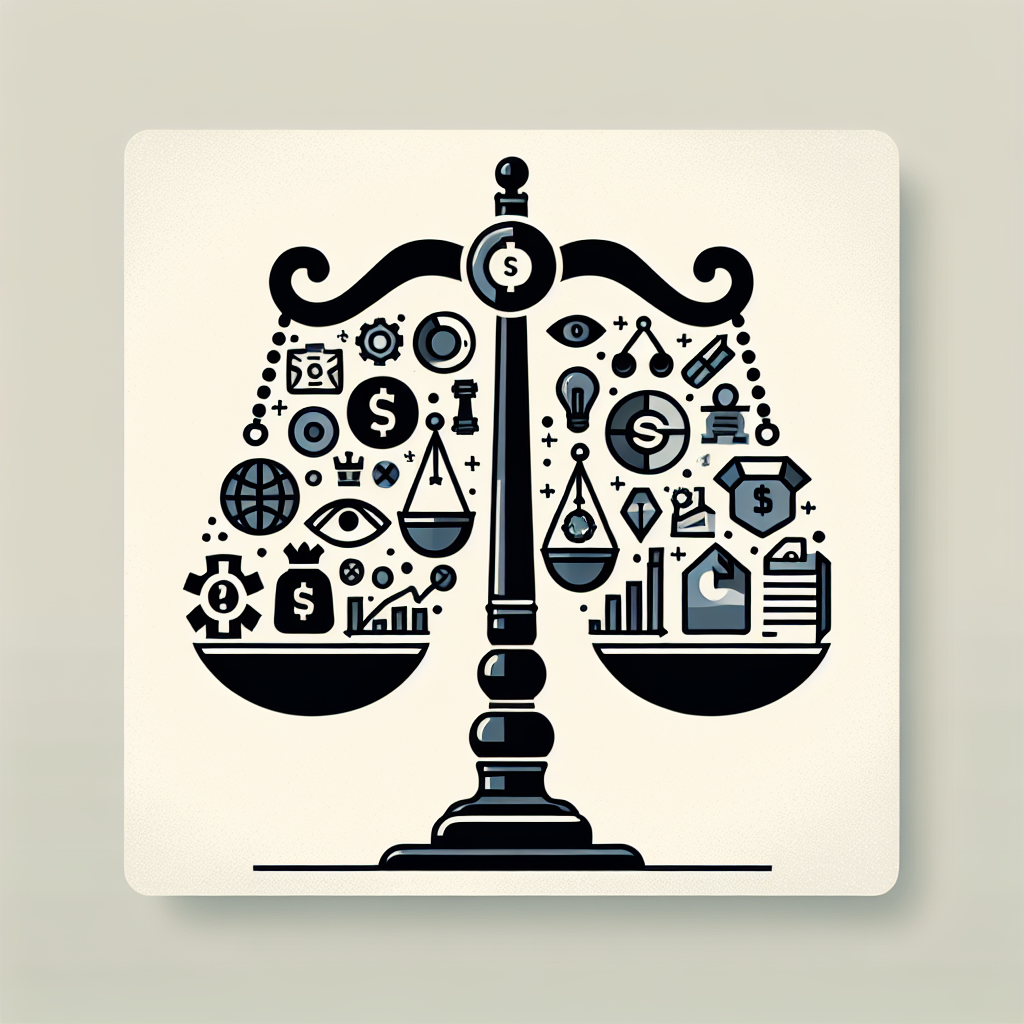Real Estate Marketing in the Digital Age
1. Introduction: The Transformation of Real Estate Marketing
The real estate industry has undergone a profound digital transformation, fundamentally altering how properties are marketed and sold. Traditional marketing approaches—relying on yard signs, print listings, and agent networks—have evolved into sophisticated digital strategies leveraging immersive technologies, data analytics, and personalized customer journeys. With 97% of home buyers now beginning their search online and the average buyer spending 3-4 months in the digital research phase, mastery of digital marketing has become essential for real estate success.
The stakes are considerable: properties marketed with high-quality digital strategies sell 31% faster and often at premium prices compared to those using conventional approaches. Agents and brokerages proficient in digital marketing acquire 3.7 times more leads than their traditional counterparts. This article explores the evolution of real estate marketing, examines key digital strategies, outlines technology implementation approaches, analyzes content marketing techniques, and provides measurement frameworks for this uniquely high-value, high-consideration sector.
2. The Modern Real Estate Customer Journey: Digital-First Decision Making
Understanding the transformed buyer and seller journey is fundamental to effective real estate marketing.
a) The Digital-First Property Search
Today's real estate journey typically follows a path:
- Discovery phase: 78% begin on real estate portals or search engines.
- Filtering phase: Buyers create shortlists based on digital content quality.
- Validation phase: Virtual tours and digital documentation inform in-person visit decisions.
- Selection phase: Digital comparisons and additional online research inform final decisions.
b) Multi-Device Research Patterns
Real estate consumers engage across multiple channels:
- Mobile devices for initial browsing and location-based searches.
- Desktops/tablets for detailed property examination and comparison.
- Smart home devices for voice-activated property searches.
- Connected TV platforms for immersive property video experiences.
c) Evolving Expectations by Segment
Different market segments demonstrate distinct preferences:
- First-time buyers: Heavily reliant on educational content and mobile search.
- Luxury market: Expecting premium digital experiences with high-resolution assets.
- Investment buyers: Focused on data-driven information and market analytics.
- Downsizers: Increasingly comfortable with digital tools but valuing guidance.
Case Example: Redfin's success stems from understanding the digital customer journey, creating a seamless experience from online search through transaction completion. This approach has contributed to Redfin's growth to over 130 markets with 1.5 million monthly users, demonstrating the power of digital-first real estate marketing.
3. Visual Marketing Technologies: Beyond Traditional Photography
Visual assets have become critical differentiators in real estate marketing success.
a) Immersive Property Visualization
Modern visual marketing encompasses:
- Professional HDR photography optimized for digital platforms.
- 3D virtual tours allowing self-guided property exploration.
- Drone videography showcasing property context and surroundings.
- Augmented reality for visualizing renovation possibilities.
b) Virtual Staging and Property Enhancement
Digital visualization extends to property presentation:
- Virtual staging of empty properties (85% more effective than vacant listings).
- Digital decluttering of occupied homes.
- Time-of-day simulations showing properties in optimal lighting.
- Digital renovation visualization demonstrating property potential.
c) Implementation Strategy
Effective visual marketing requires:
- Defined quality standards for visual assets across listings.
- Consistent visual identity in brokerage-level marketing.
- Strategic asset deployment across different platforms.
- Investment in equipment/partnerships for content creation.
Example: Zillow's 3D Home tours saw a 525% increase in creation during recent market shifts. Properties featuring these tours received 50% more site visitors and sold up to 10% faster, demonstrating the measurable impact of advanced visual marketing technologies.
4. Data-Driven Marketing: Precision Targeting in Real Estate
Modern real estate marketing leverages data for unprecedented targeting precision.
a) Customer Segmentation Models
Sophisticated marketers employ multi-dimensional segmentation:
- Behavioral segmentation based on property viewing patterns.
- Life-stage targeting identifying relocation triggers.
- Financial qualification parameters for appropriate matching.
- Geographic and neighborhood preference analysis.
b) Predictive Analytics Applications
AI-powered analytics enhance marketing effectiveness:
- Identifying high-potential sellers through propensity modeling.
- Matching buyers with properties based on implicit preferences.
- Optimizing pricing strategies through market data analysis.
- Predicting neighborhood trend changes for investment marketing.
c) Privacy-Compliant Data Strategies
Effective data usage requires careful governance:
- Transparent data collection practices building consumer trust.
- First-party data strategies reducing reliance on third-party cookies.
- Integration of CRM data with marketing automation platforms.
- Compliance with evolving regulations (GDPR, CCPA, etc.).
Case Study: Compass built its competitive advantage through proprietary data platforms that help agents identify potential sellers and match them with likely buyers. This approach has helped Compass grow to a $6.4 billion valuation while capturing significant market share in luxury markets.
5. Content Strategy: Building Authority and Driving Engagement
Content remains central to real estate marketing success but requires strategic focus.
a) High-Value Content Categories
Effective real estate content focuses on:
- Neighborhood guides and community insights.
- Market analysis and trend reporting.
- Property preparation and staging guidance.
- Investment analysis and financial decision support.
- Process education for transaction transparency.
b) Format Optimization
Content effectiveness varies by format and platform:
- Video walkthroughs for property visualization (52% higher engagement).
- Interactive tools for mortgage calculation and affordability analysis.
- Podcasts featuring market insights and buyer/seller guidance.
- Email newsletters delivering personalized market updates.
- Social proof through client testimonials and transaction stories.
c) Distribution Strategy
Content requires platform-specific optimization:
- Instagram and Pinterest for visual property marketing.
- LinkedIn for commercial real estate and investment properties.
- YouTube for longer-form educational and property content.
- Email for personalized property alerts and market updates.
- Local SEO for neighborhood-specific content visibility.
Example: Sotheby's International Realty's content strategy emphasizes sophisticated market analysis and property storytelling, resulting in 40% higher engagement rates and a 27% increase in luxury property inquiries through their digital platforms.
6. Automation and Personalization: Scaling the Personal Touch
Technology enables personalization at scale in real estate marketing.
a) Marketing Automation Applications
Key automation opportunities include:
- Drip campaigns based on property viewing behavior.
- Triggered communications for saved search updates.
- Automated showing scheduling and follow-up.
- Lifecycle marketing across the transaction journey.
b) Personalization Techniques
Effective personalization strategies include:
- Dynamic property recommendations based on viewing history.
- Location-specific content delivery using geofencing.
- Life-stage targeted messaging addressing specific needs.
- Personalized video creation for high-value prospects.
c) Implementation Approach
Successful implementation requires:
- Integration between property data, CRM, and marketing platforms.
- Progressive profiling building customer insight over time.
- Balance between automation and human touchpoints.
- Testing infrastructure for optimization of automated sequences.
Case Study: eXp Realty implemented a comprehensive marketing automation platform that increased agent productivity by 27% while improving lead conversion rates by 35%. Their approach balances technology-driven efficiency with agent relationship-building for optimal results.
7. Measurement Framework: Beyond Impressions to Transactions
Real estate marketing requires specialized metrics reflecting the high-value, infrequent nature of transactions.
a) Digital Marketing Metrics
Key performance indicators include:
- Cost per qualified lead by channel and property category.
- Time-on-site for listing pages and virtual tours.
- Search visibility for neighborhood and property type keywords.
- Social engagement rates for property content.
b) Business Impact Metrics
Marketing effectiveness ultimately translates to:
- Listing acquisition rates from digital marketing efforts.
- Days-on-market comparison for digitally marketed properties.
- Price-to-list ratio for properties with enhanced digital presence.
- Transaction attribution to digital marketing channels.
c) Continuous Optimization Approach
Sophisticated marketers implement:
- A/B testing of listing presentations and visual assets.
- Multi-variate testing of property descriptions and headlines.
- Performance comparison across digital platforms and formats.
- Attribution modeling accounting for multi-touch journeys.
8. Conclusion: The Future of Real Estate Marketing
As technology continues evolving, real estate marketing will further transform through:
- AI-powered predictive matching connecting buyers with ideal properties.
- Fully immersive VR experiences enabling remote property exploration.
- Blockchain applications for transparent transaction marketing.
- Hyper-local marketing leveraging neighborhood-level data.
- Sustainability and energy efficiency becoming central marketing features.
Success will belong to real estate professionals who embrace digital transformation while maintaining the human relationship at the center of the transaction. By combining technological sophistication with authentic connection, marketers can thrive in the increasingly competitive real estate landscape.
Call to Action
For real estate marketing professionals seeking to enhance their digital approaches:
- Audit the digital customer journey from discovery through transaction.
- Invest in creating premium visual assets for property marketing.
- Develop content that addresses specific customer questions and concerns.
- Implement data integration connecting marketing activities to transaction outcomes.
Organizations that execute on these priorities will achieve market differentiation, higher conversion rates, and sustainable competitive advantage in the digital-first real estate marketplace.
Featured Blogs
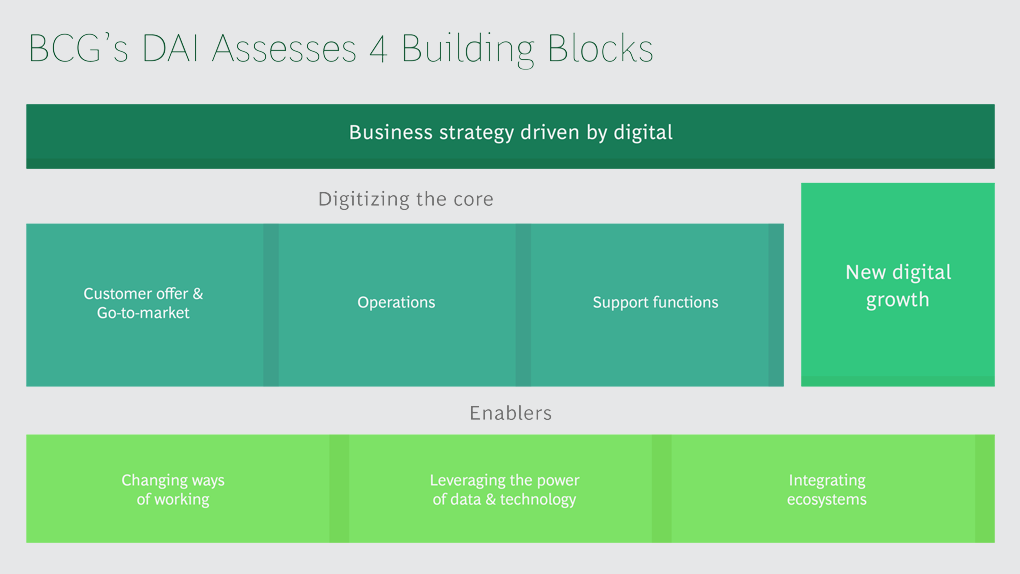
BCG Digital Acceleration Index
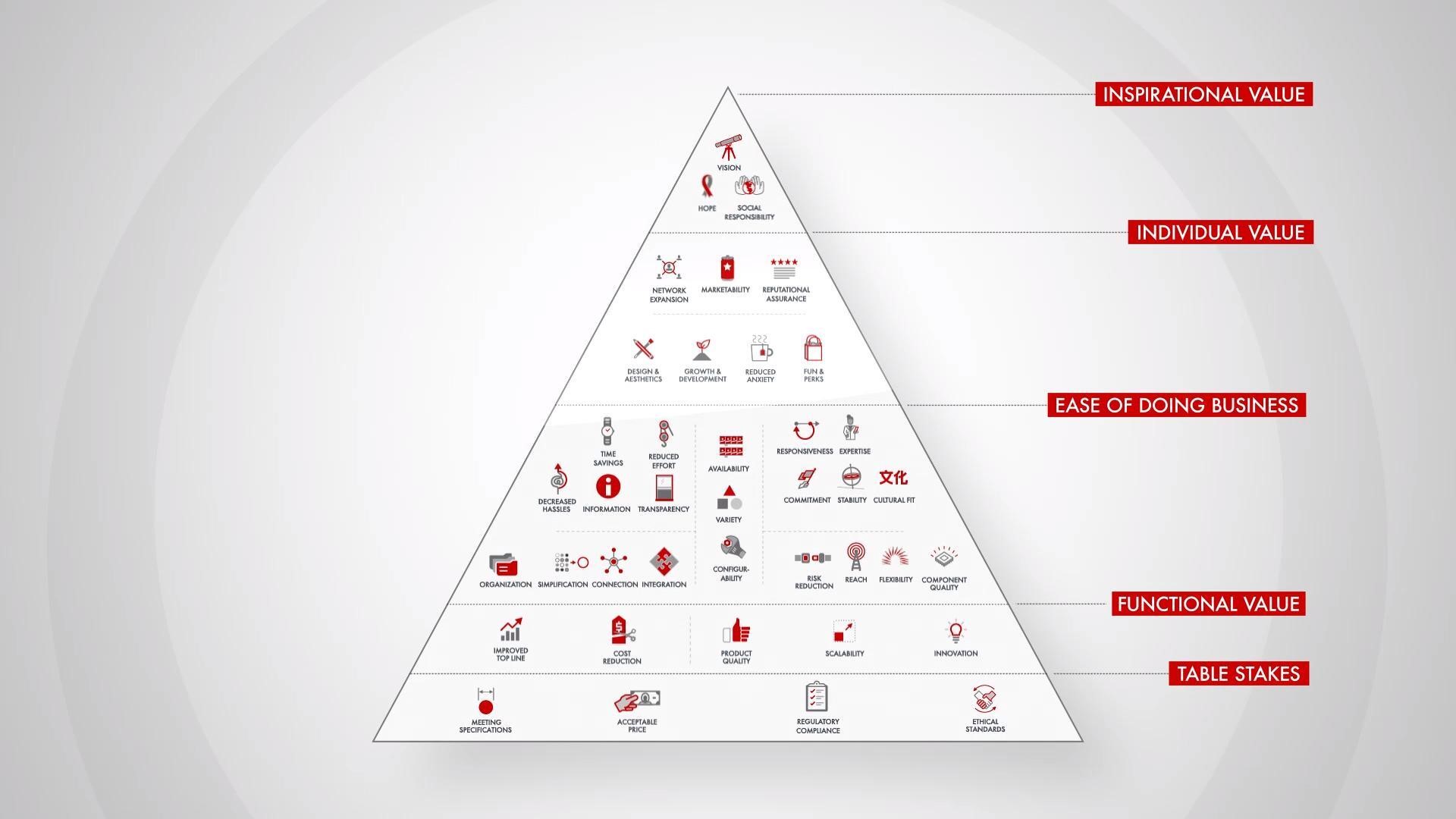
Bain’s Elements of Value Framework
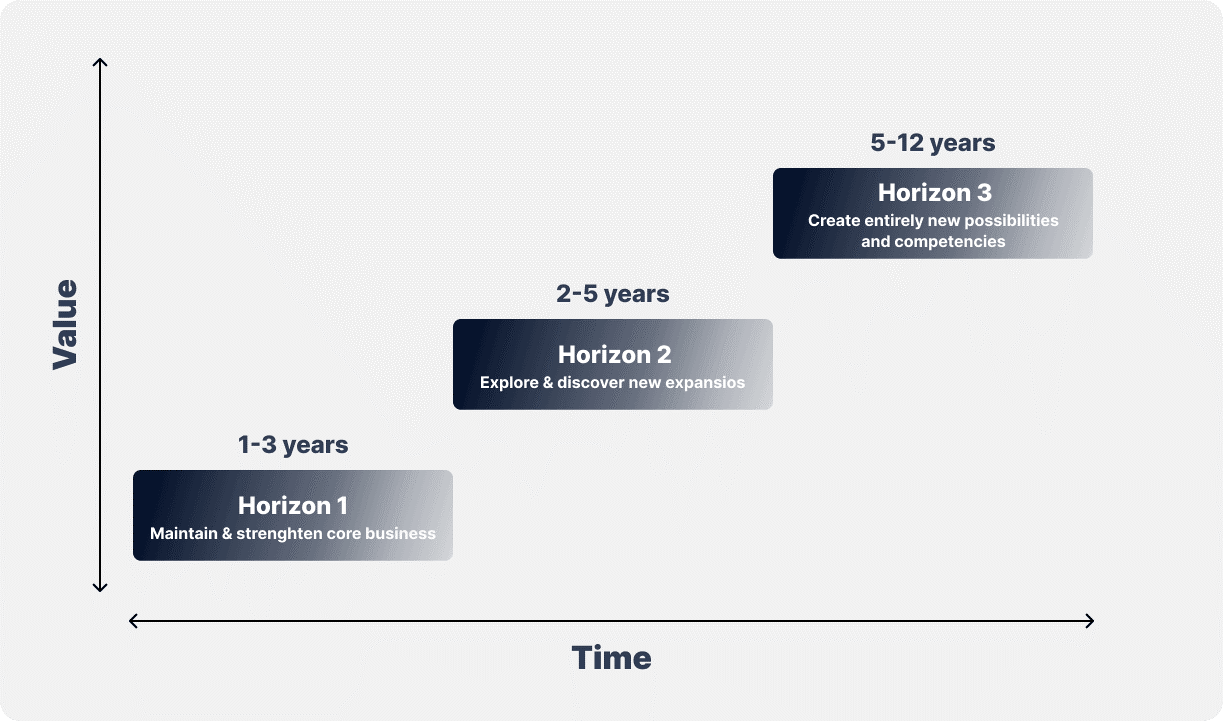
McKinsey Growth Pyramid
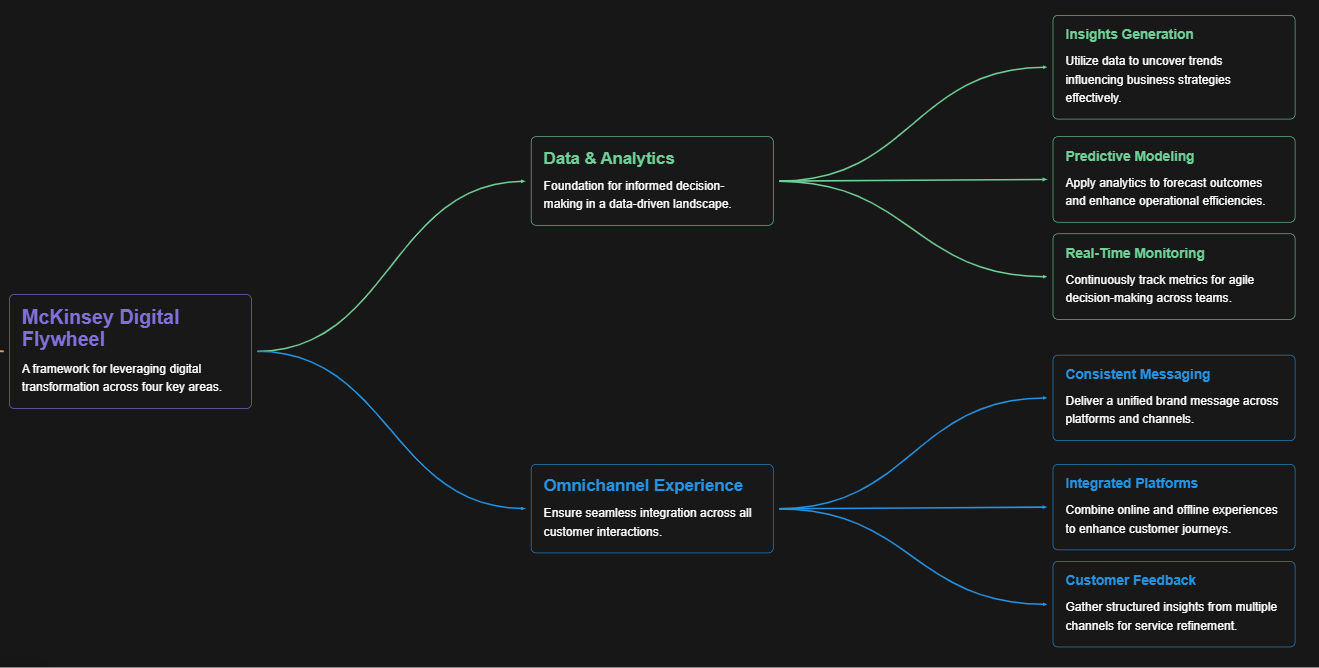
McKinsey Digital Flywheel
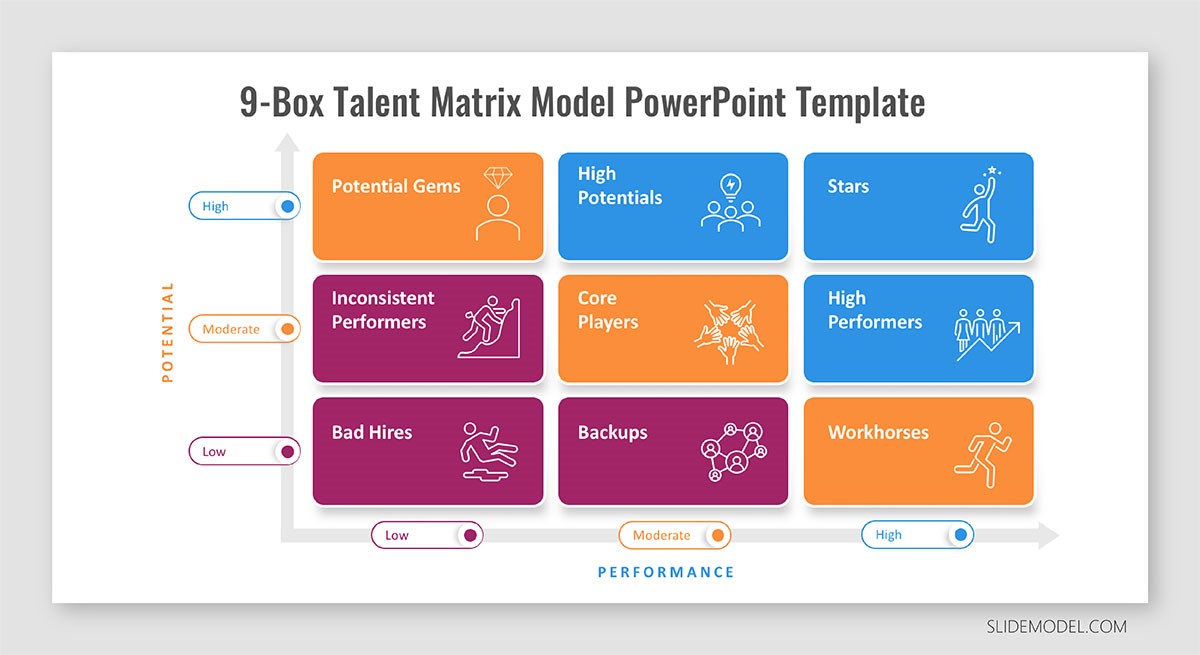
McKinsey 9-Box Talent Matrix
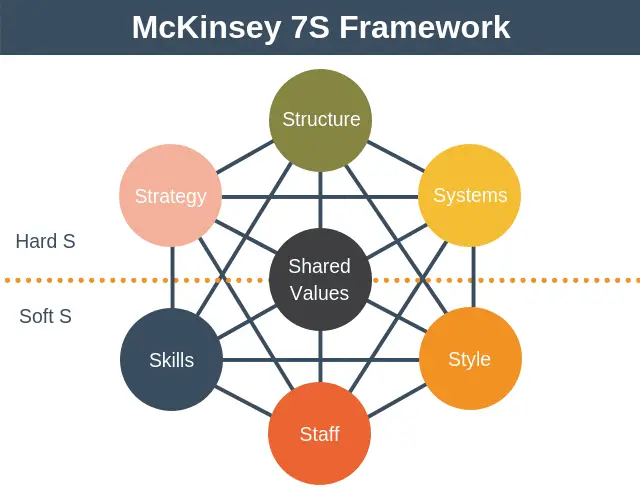
McKinsey 7S Framework
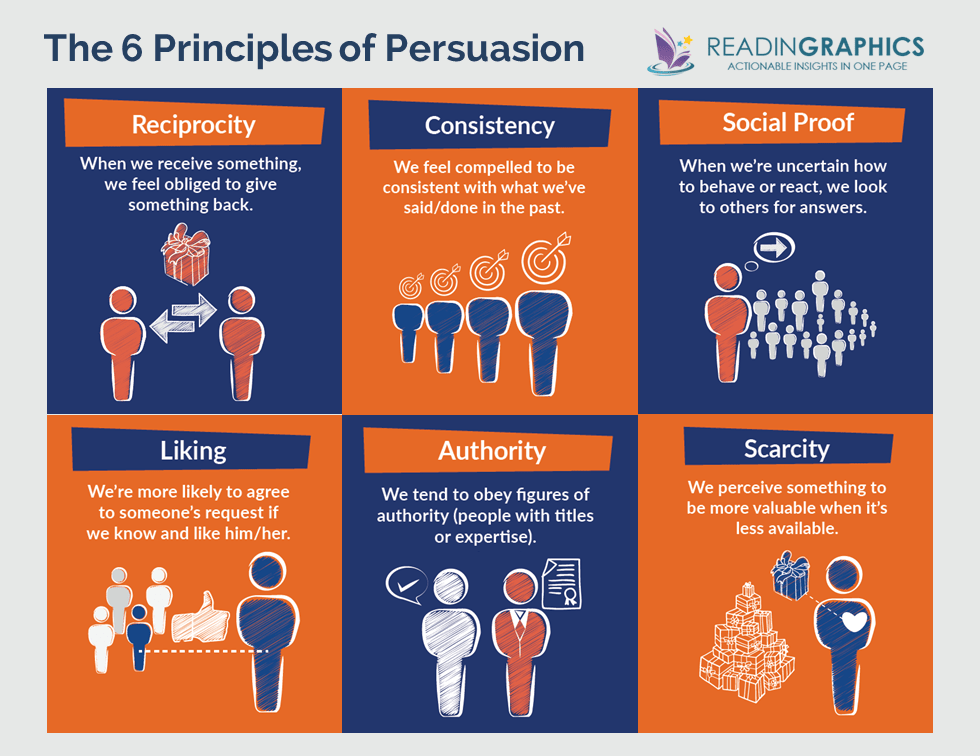
The Psychology of Persuasion in Marketing
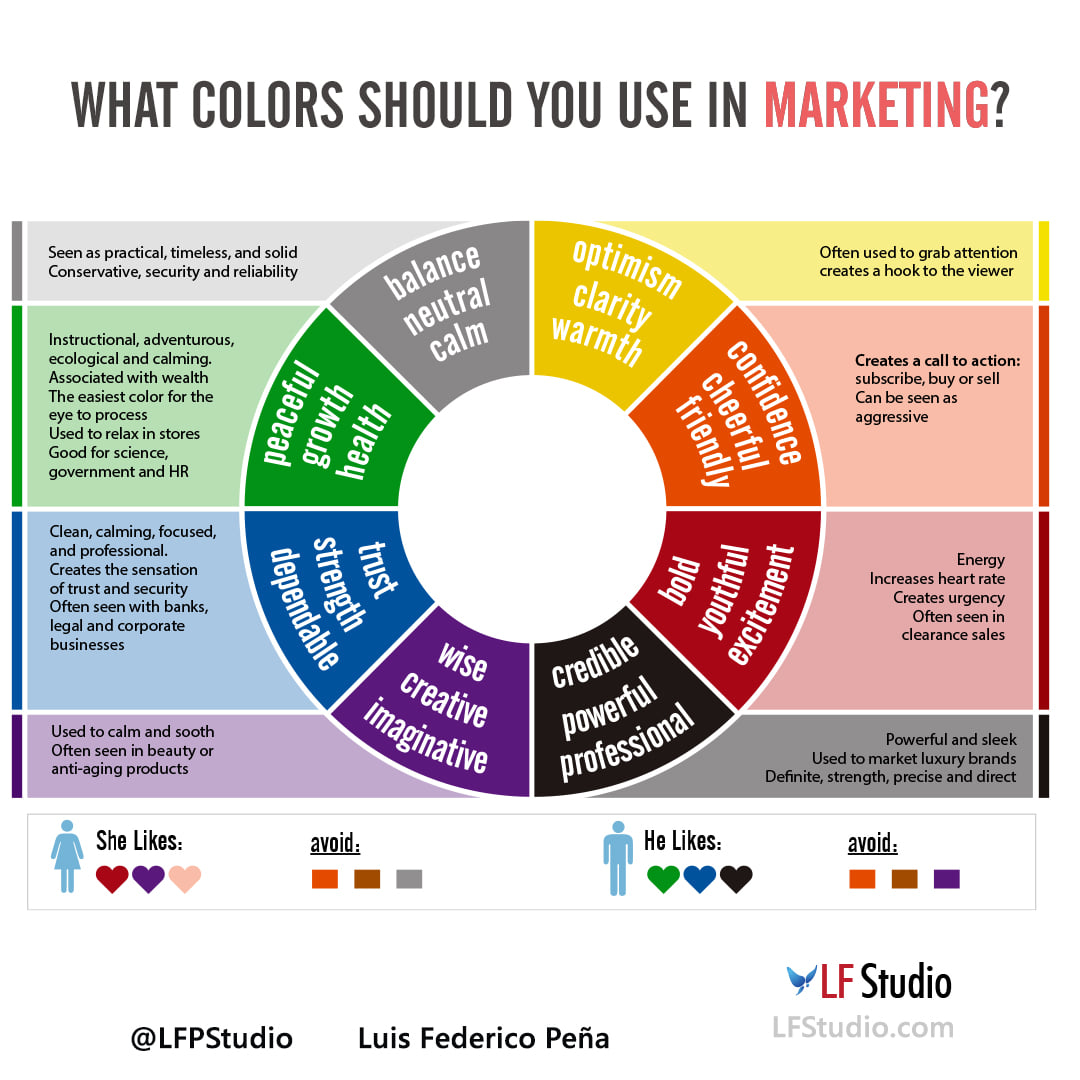
The Influence of Colors on Branding and Marketing Psychology



